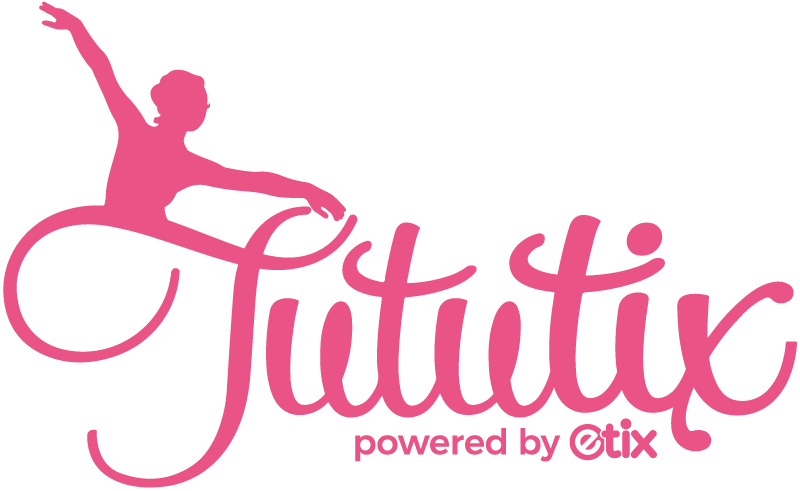One element of the dance studio that can make or break your business is your dance staff. From executive roles to administration to instructors, every piece of the dance staff puzzle must fit perfectly to implement a smooth operation that reflects your culture, mission, and brand. This begins with the hiring process and leads into detailing roles, responsibilities, and expectations.
In order to keep your studio running the way you would like, you must consistently:
- Evaluate employees
- Offer feedback and training sessions
- Know when it is time for a staff member to move on to another venture.
Undoubtedly, staff management is one of the most challenging components of owning a business. You are bringing together an assortment of people with entirely different backgrounds. That group is then supposed to maintain and uphold the values and beliefs of your entire business environment.
Additionally, you are not dealing with employees in a competitive academic market (like, technology companies, for example). Most of the time, you are dealing with artists that may underestimate the underlying business strategies required for dance studios. Creating and maintaining a “dream team” staff takes time, energy, commitment, and frequently, mistakes, to ultimately create a team that pushes your business towards greater success.
STEP 1: Defining Leadership Roles
Within your business, it is absolutely essential that you have explicitly detailed and defined roles of who is in charge of each facet of the business. At The Dance Exec’s Studio, the executive role is broken down into two divisions: Business Manager & Artistic Director.
The breakdown of your executive duties may differ (as may task assignments), but the duties required will be similar for all studios. This insures completion of tasks and organizational efficiency.
Business Manager
The Business Manager oversees the logistical and financial operations of the business. This includes: accounting, payroll, building maintenance and repair, cleaning of the facility, registration and enrollment, and all financial transactions. If a particular item is beyond the Business Manager’s skill set, it is their responsibility to arrange and oversee its completion (i.e. tax preparation or serious repairs). The Business Manager is the only person at The Dance Exec’s Studio that handles money.
Artistic Director
The Artistic Director oversees class scheduling and curriculums, staffing, parent and student issues, the competition team, the work-study program, recital planning, community partnerships, and marketing. The Artistic Director also oversees the Business Manager’s transactions.
In reading these descriptions, you can see that each role is detailed. If you attempt to manage all of these tasks independently, it is very likely that something will get “lost in the shuffle”. You should never let one area of your business suffer because it becomes “too much” work.
Running a dance studio is a very involved process, and you must guarantee that you have the help needed to make your business a true success. (Please note that help does not have to be employees. It can be an accountant, maintenance person, cleaning service, etc.)
Additionally, it is important to note that “too many hands in the pot” can be just as frustrating as not having enough hands. The executive roles and responsibilities are critical to the success of your business, and you should avoid carelessly distributing the roles to multiple staff that may not have accountability or investment in your brand. At the end of the day, studio owners cannot independently accomplish everything that is required of their business, so it is important to delegate tasks to people you trust.

STEP 2: Finding the Perfect Cast
When you are venturing into the hiring process, think of the procedure as casting a show. Each role needs just the right person. If you cast the tenth best person for a part, your ticket sales and show reviews will not soar. The same goes for your in-studio hiring considerations. If you miscast a role with the wrong instructor, it will lead to more headaches for you and your business.
Take the time to make the right choices, but do not be afraid to correct an incorrect choice. Everyone makes mistakes, and this is certainly a learning process.
How do you go about finding your instructors? Many studios rely on online postings, local college programs, or former students.
Whatever search techniques you utilize, it is imperative that your ad postings be reflective regarding the quality of instructor you are seeking for your business.
What character traits do you value? For The Dance Exec’s Studio, we reiterate that prospective employees must be motivated, enthusiastic, professional, punctual, and organized. We also value educational and instructional experience, especially with children.
In our posting, we ask that interested candidates provide a cover letter, resume, and headshot. This request alone will assist in weeding through candidates that are not detail oriented enough to be a part of our business.
In candidates’ responses to your posting, you should look for the following:
- The prospective instructor should include a resume, headshot, and cover letter (per your request). If anything is missing from their response, you should immediately eliminate them from your search because it shows they cannot follow very basic instructions.
- The resume should be properly formatted and condensed to one page. The experiences listed on each person’s resume should be checked for accuracy (internet searches greatly help with this process). If a person lies or exaggerates on their resume, you should eliminate them from your list of potential candidates.
- In the cover letter and resume, check for use of proper grammar and formality as indicators of professionalism and attention to correctness. Since professionalism is a character trait valued at The Dance Exec, it is imperative in making it to the interview process. This also indicates levels of a candidate’s seriousness and shows a glimpse into their personality.
- Use the candidate’s headshot to determine if the request was taken seriously. Is the photo a professional headshot, or is it a snapshot or something pulled from Facebook? If a candidate sends in a snapshot from Facebook of him/her partying, he/she is likely not a good candidate for your business.
Remember, whatever the prospective candidates have sent you, they are putting their best foot forward in their initial interaction.
If this does not appeal to what you want, then you should follow-up with a response that indicates that the candidate is not best suited for the position. If you find the applicant to be a decent but not great candidate, you can always state that your staff positions are currently filled. But, let them know that you will keep their resume on file for future openings.
If their resume is appealing to you, then you should promptly follow-up with an interview request. Offer a list of times that would work for you (obviously, offering a variety of times, if possible). If the candidate is interested, they will find time to meet with you. State in this email that if the interview goes well, the candidate may be asked to teach a demo class. Keep in mind that this is the candidate’s opportunity and attempt to put their best foot forward. Consider anything less than impressive as a red flag.
When the candidate attends their interview, there are several observations you should note:
- How early does the interviewee arrive for the interview? Did he/she take the time to find your location in advance? If an interviewee arrives late, they should not be interviewed or considered for the position. This shows a less than exemplary work ethic and poor planning.
- What is the interviewee wearing? Even though this is the dance industry, The Dance Exec’s Studio likes to see potential candidates taking the interview seriously. As such, expect candidates to dress in business casual attire.
- How is the initial interaction with the candidate? Is the candidate gracious and mature? If the candidate’s behavior would not work in a corporate interview, then it should be noted as a “red flag”.
During the interview process, The Dance Exec’s Studio prefers to ask standardized interview questions. This allows all candidates an equal option to answer, but, often the questions will distinguish the higher qualified candidates from the mediocre or weaker candidates.
Some examples of questions include:
- If you had a choice between seeking and avoiding challenges in the performance industry, where would you place yourself? Please give an example to support your choice.
This type of question asks the candidate to place him/herself on an industry-related spectrum while also showing levels of ambition and motivation. Ideally, the candidate will back-up their ranking with a legitimate example that supports his/her self-perception.
- What is the name of one of your close friends? What did (your close friend) think you would grow up to be? Tell us what you may have done to make him/her feel this way.
This type of question allows the person to give a personal reference. The story he/she chooses will give you insight to his/her personality as well as a back story. If the candidate struggles to think of anyone, it could be indicative of a weaker candidate.
- Please tell us about a time you dealt with a challenging child in the classroom environment. Justify your rationale for handling the situation in such a way.
This type of question allows insight into how the candidate would handle conflict. Through their answer, you will gain insight to their thought process, diplomacy, regard to instruction, etc. Based on their answer, you will know if their method of conflict management ties into your culture and brand.
Based on these questions and questions you create on your own, you should gain a lot of insight into the interviewee’s personality and thinking process. With open-ended questions, you are allowing the candidate the opportunity to tell stories and engage you via examples and observances throughout their life. Such questions can make some interviewees feel uncomfortable.
Use this exercise to observe a candidate’s communication skills, thinking strategies, and behavioral gestures. Through this process, you should be able to identify confident, well-spoken, thoughtful instructors that could be an asset to your business.
In your interview, avoid asking “yes” or “no” questions. Try to steer the candidate towards open-ended questions so that the candidate has time to provide more details. Questions that can be answered with “yes” or “no” are often the easy way out and do not give you a complete representation of a candidate’s personality.
In your interviewing, make sure that you never ask questions concerning protected classes as defined by the Equal Employment Opportunity Commission.
If a candidate succeeds in the interview, invite him/her to teach a demo class with students. The Dance Exec’s Studio always pays teachers for instructing demo classes. The studio wants there to be an understanding from the beginning that this is a strictly professional work environment.
Ultimately, there is no greater way to judge a candidate’s qualifications than putting him/her directly in the classroom environment. During the demo class, make sure you observe the teacher’s preparedness, confidence, teaching style, charisma, and enthusiasm. After the class, ask for students’ opinions, and more importantly, value your instincts. After the demo, do not feel obligated to immediately let the instructor know your decision. Thank him/her for teaching the class and take the time to truly consider if this person is right for you and your business.
Whatever your decision, you must let the person know. A prompt response shows professionalism on your part, and people will have greater respect for you (even with a “no” answer) than they will if you neglect to respond. Through experience with dance studios, some owners do not place enough value on communication. With so many readily available communication devices (email, cell phones, etc.), there is no excuse for not responding to prospective candidates.
Ready for the next step?
Click here to read Part 2 of the Dance Staff Management Guide: The Dance Studio Employee Handbook
You can also skip ahead to:
Dance Teacher Evaluations and Replacing a Dance Teacher: Part 3



